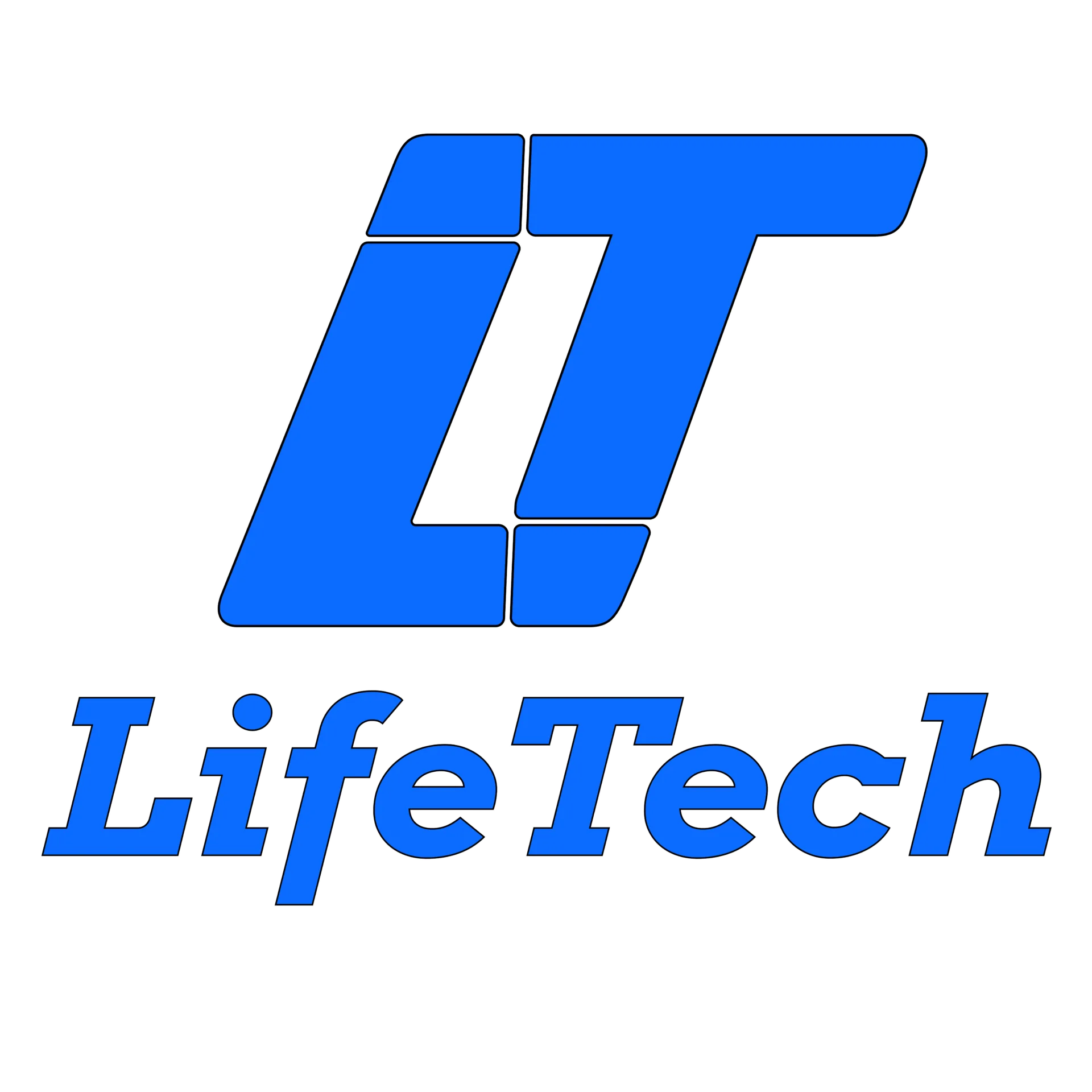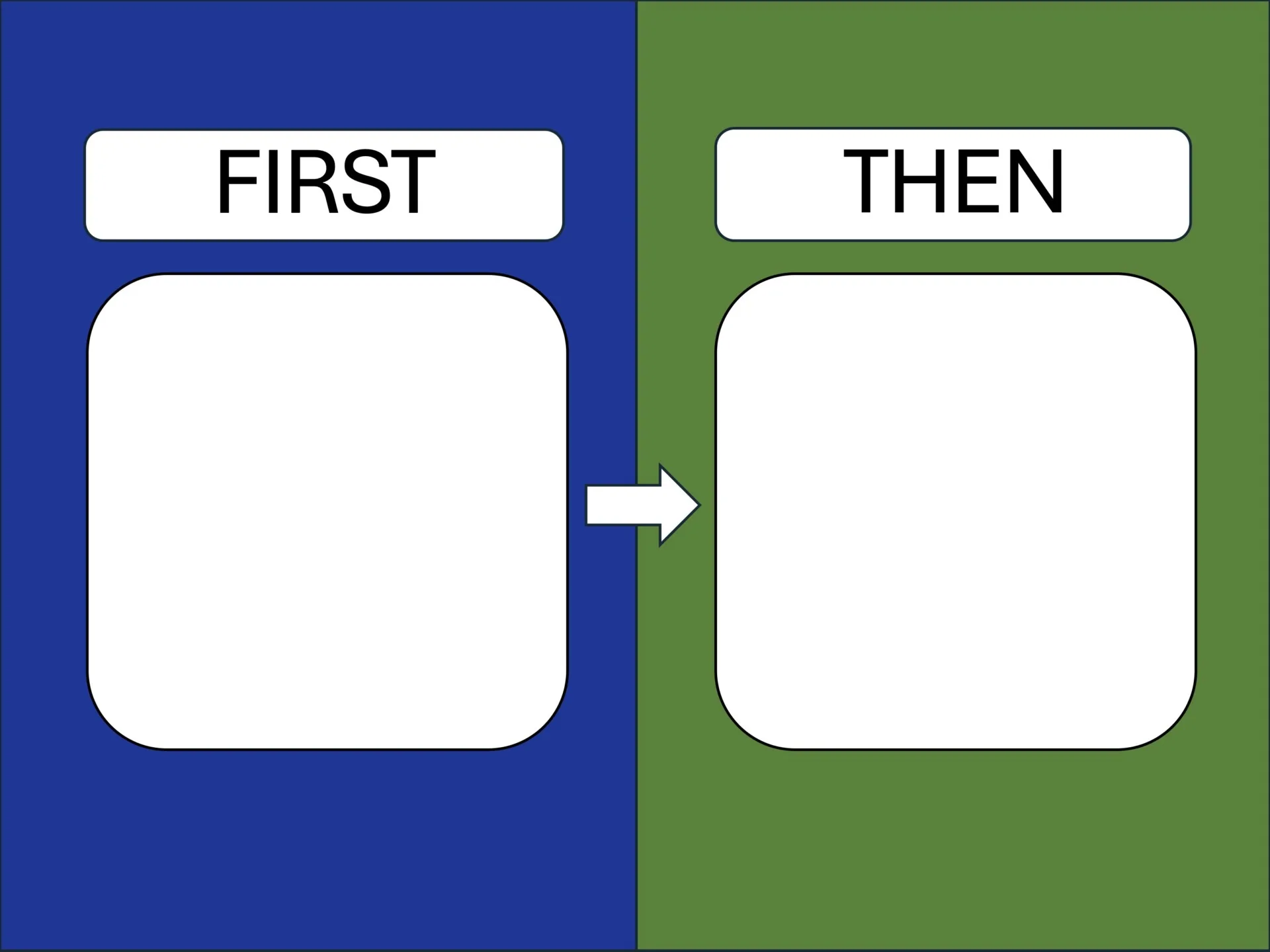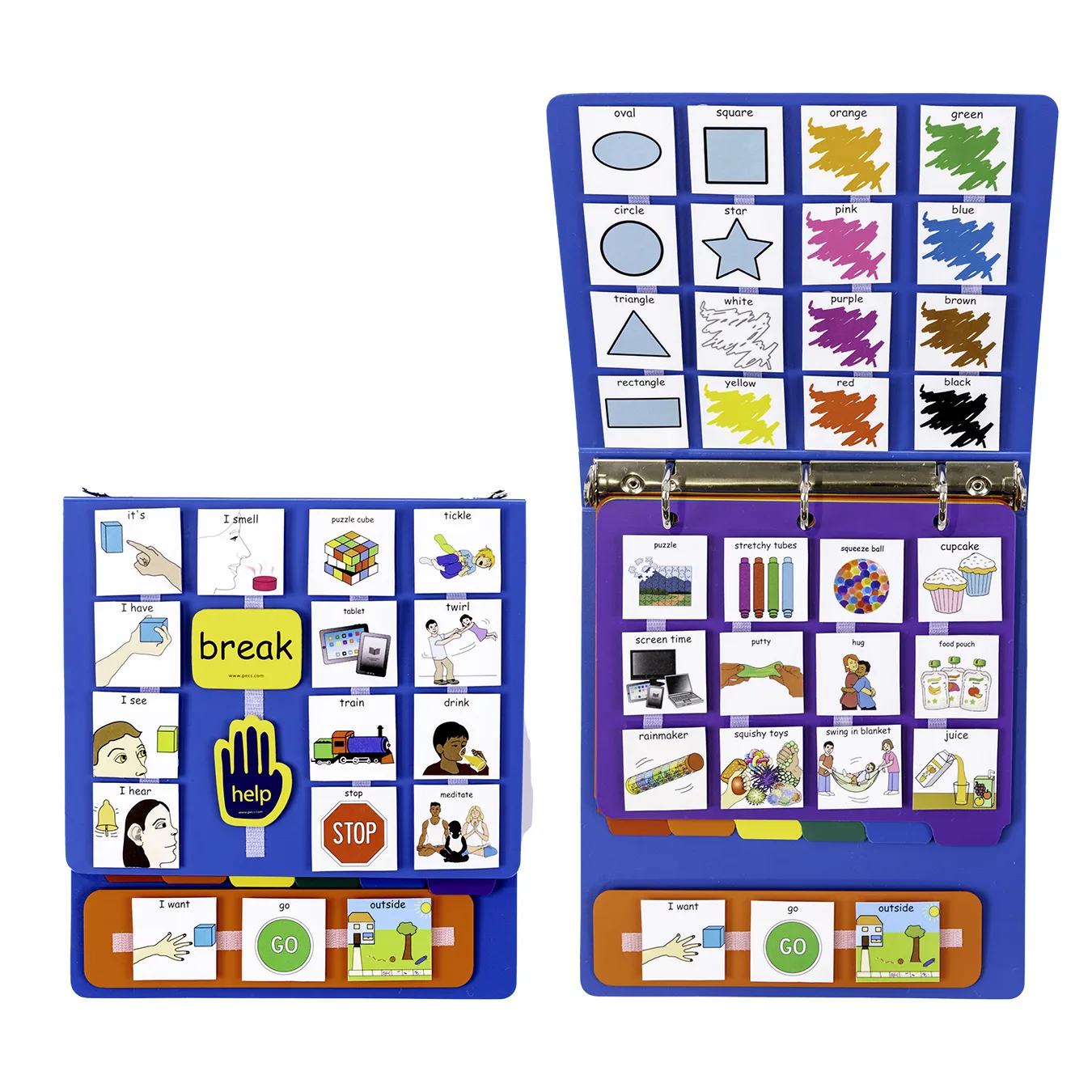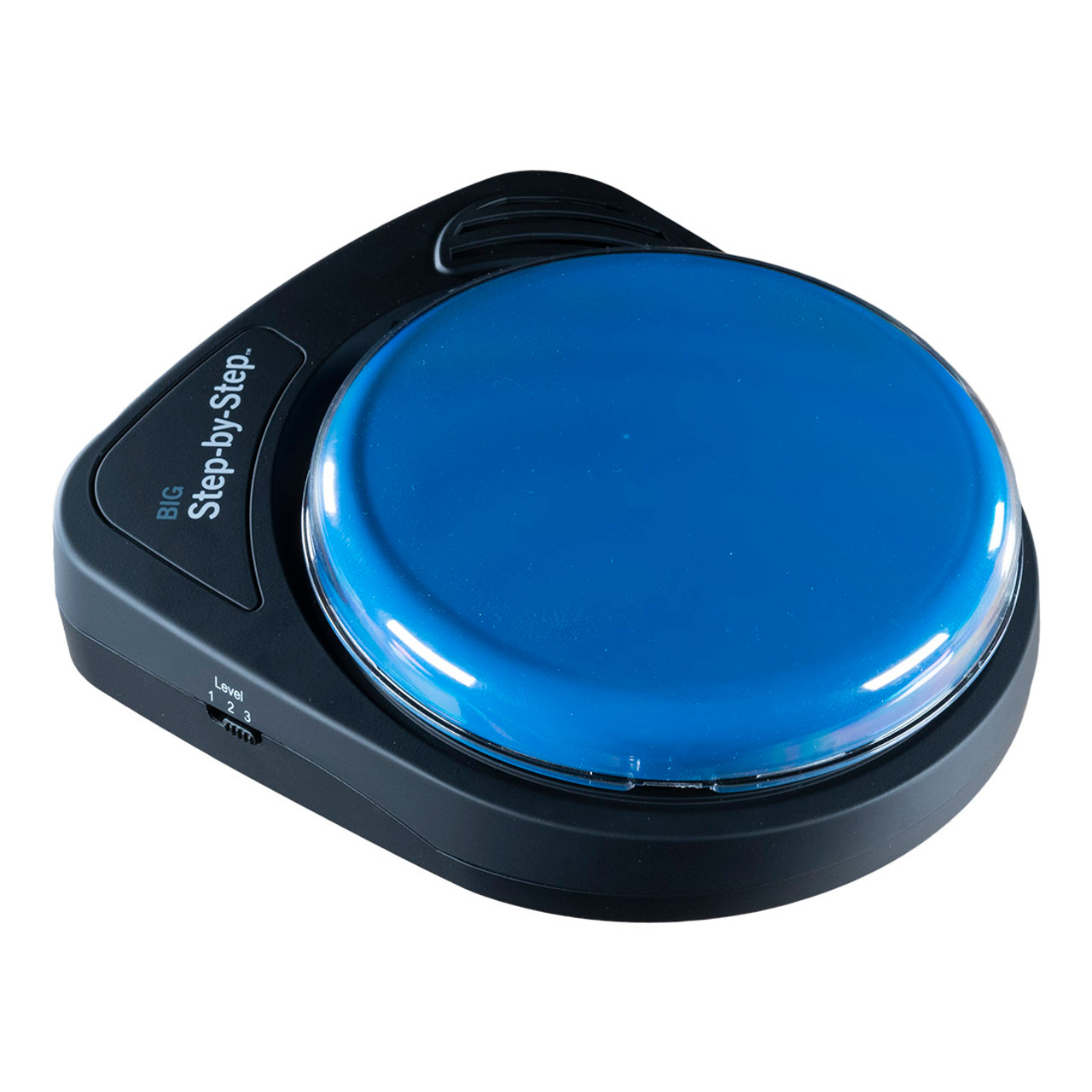Cognitive
Assistive technology solutions for cognitive needs help reduce distractions, assist with memory, complete tasks, and improve organization. These tools can vary from low-tech to high-tech solutions.
Cognitive: Low-Tech Solutions
Low-tech cognitive solutions consist of simple yet effective tools designed to assist individuals who face cognitive challenges in their everyday lives. These solutions are user-friendly and do not rely on complex technology, ensuring they are accessible and affordable for many users. By providing practical support, these tools empower individuals to navigate daily tasks with greater ease and confidence, helping to enhance their overall quality of life.
Cognitive: Mid-Tech Solutions
Mid-tech cognitive solutions include various tools and devices that use moderate technology to assist people with cognitive challenges. These solutions often have friendly features like special software, apps, or fun and interactive devices. Mid-tech solutions can improve memory, organization, and task management, making it easier for users to participate in daily activities.
Cognitive: High-Tech Solutions
High-tech cognitive solutions use advanced technology, like artificial intelligence and complex software, to give personalized support to individuals with cognitive difficulties. These solutions often include innovative applications that can learn from how users act, predict their needs, and suggest ways to help with tasks like planning, training the mind, and solving problems. High-tech assistive technologies are customized to fit the specific needs of each user, offering a lot of personalization and interaction. Although these solutions can be more expensive and may require some tech knowledge, they have the potential to significantly improve cognitive skills and overall well-being by flexibly providing comprehensive support.







